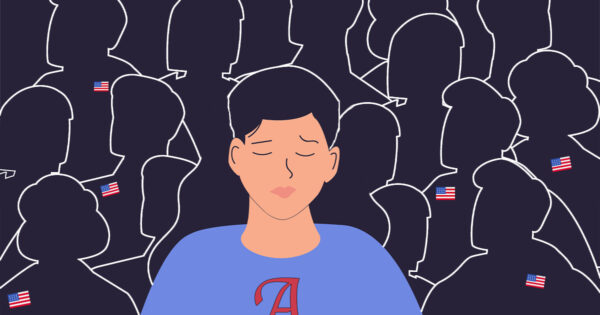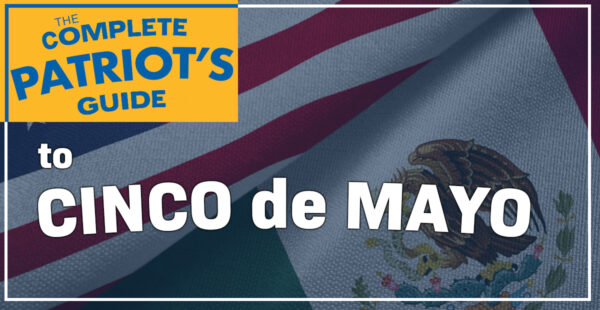A group that thrives on individualism. Sounds like something of a contradiction, doesn’t it? How can the group prosper if it’s focused on the individual?
It’s something of a mind-bending concept, but in the United States, it’s at the heart of who we are.
Our Constitution is based firmly on the individual: individual participation, individual rights. You don’t have to be a member of a certain religion or tribe or socio-economic class to be entitled to the rights promised in the Constitution – although, it’s important to remember that some people were originally denied those rights because of the group they belonged to: women, slaves, indigenous peoples.
We’re making progress, but we’re still trying to sort that out.

In principle, though, the Constitution guarantees every individual a list of civil rights with the thinking being that in order to protect my own rights, I will be obligated to protect yours, too.
But each individual is also part of the larger society, community, group. That seems obvious, but also easy to ignore. That’s especially true when you consider that the rights in our Constitution are almost entirely “negative” rights. They talk about what the government may not do to people, not what the government should do for people.
The government may not prohibit a person’s exercise of religion or speech, may not imprison someone without a fair trial, may not search her home or property without a warrant from a court. But nowhere does the Constitution mandate that the government, as the agent of the individuals, must also take steps to benefit the community – the whole.
Anything on the positive side must be hashed out in our legislative bodies and put into practice by law, not by the Constitution. It wasn’t until the early 1900s that tax-funded education became available all over the country. It wasn’t until the nation was trying to dig out of the Great Depression that the community known as the United States established programs to feed the poor or house the homeless or undergird survival for the elderly.
Meeting people’s positive rights can be difficult. In a nation that puts a high value on rugged individualism, it’s been easy to dismiss some people’s need for help from the community as a sign of weakness or laziness. And it’s been easy to believe that what happens to those who are not as well off as I am isn’t really important as long as we all have those civil rights the Constitution does guarantee.
But that’s not enough. We are, all of us, individuals bound together in this community to which we pledge our allegiance – a community much stronger than any that is based on simple proximity. As we repeat every time we say the Pledge of Allegiance, we are “one nation, indivisible.” What hurts one hurts all. As Dr. King said in his Letter from a Birmingham Jail, “We are caught in an inescapable network of mutuality, tied in a single garment of destiny. Whatever affects one directly, affects all indirectly.”
Poet John Donne said the same thing four centuries ago: “No man is an island, entire of itself; every man is … a part of the main.” We can add “every woman,” too.
Both the freedom fighter and the poet were concerned with the harm we do to each individual when we ignore our “mutuality.” But the flip side is also true: We benefit and help each individual when we embrace our mutuality.
Much of that happens in the United States when individuals decide to spend their resources to improve the larger community. Philanthropists large and small are vital to this work. But, again, that’s not enough.
As a nation, we have also taken steps to pool our individual resources to benefit the community, the group. We see that in programs like those mentioned above – education, food security programs, social security – and when we make health care more accessible and when we invest in stopping climate change. The community benefits. And so, in a deep sense, does every individual.
We will continue to argue about where to find the balance between the rights of the individual and the needs of the group, particularly when it comes to how much we should, as a democracy, invest in those rights vs. needs.
But all of us could use frequent reminders that rights are both negative and positive, that every individual benefits when the community benefits. If we want the individual to prosper, the community must be tended and nourished.
After all, none of us is an island.

Charlyne Berens, a retired newspaper editor, professor, and associate dean of the University of Nebraska College of Journalism and Mass Communications, is passionate about the First Amendment and freedom of expression. For more Civic Nebraska Writers Group columns, click here.




